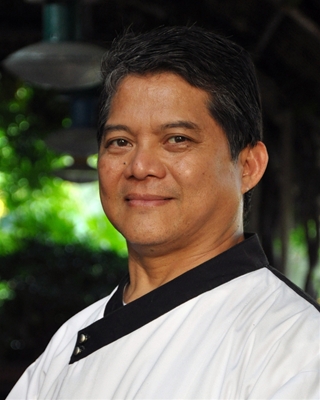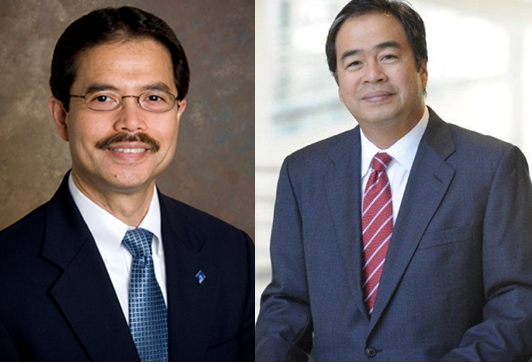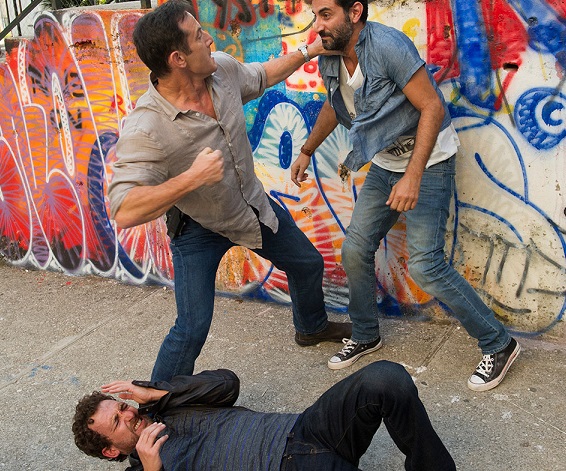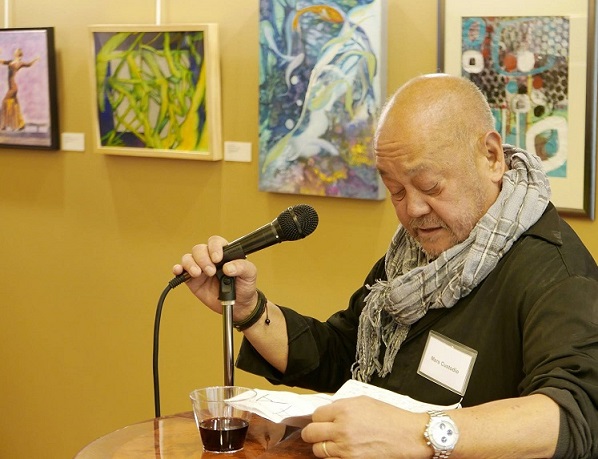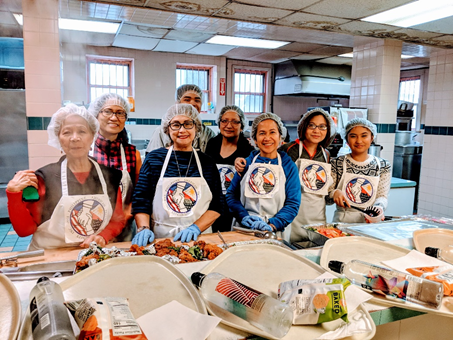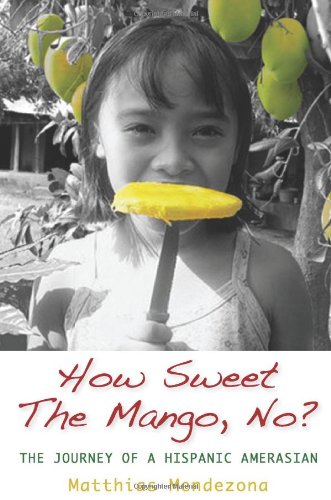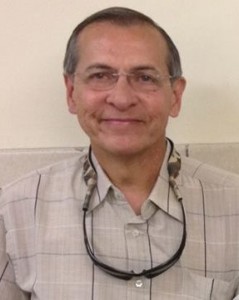How one middle-class family made the wrenching decision to leave the Philippines
‘How Sweet the Mango, No? The Journey of a Hispanic Amerasian’
By Matthias Mendezona
BookSurge/CreateSpace Publishing
May 2009
Much like Forrest Gump, Matthias Mendezona found himself playing cameo roles through various episodes in his country’s history. Like the Tom Hanks character, Mendezona emerged from a series of debacles in his life a more discerning individual, more reflective, more prudent, wiser. Eventually, he migrated to the U.S. in the 1980s to start a new life with his growing family.
In “How Sweet the Mango, No? The Journey of a Hispanic Amerasian,” Mendezona — who assumes the fictional name Bube Gibelondo — recounts, somewhat bitterly, how he lost his family’s vast coconut farmlands as a result of the country’s political upheavals.
Born to a pioneer family in Zamboanga del Norte that traces its roots to an American, Gibelondo inherited wealth and a genteel upbringing. John Kegel, his mango brandy-swilling ‘lolo,’ founded an agribusiness corporation that farmed coconuts and engaged in copra trading. The management skills, Gibelondo learned along the way by working for a series of companies not all of them owned by his family.
Siocon Valley Estates thrived for many decades until chaos and discontent arrived in the form of the Marcos Dictatorship in the 1970s. Political cronies took over successful local businesses, and Ferdinand Marcos’s brother-in-law, Kokoy Romualdez, took an interest in the coconut industry. He eventually got tired of it and left it in disarray. The New People’s Army began to encroach on untended Siocon farmlands. The Gibelondos’ control over their landholdings began to weaken, but the family found renewed hope in the new government of Cory Aquino.
Aquino signed a comprehensive agrarian reform program into law, whose objective is for farmers to take control of the lands they till and become the rightful owners via a corporate setup. The family agreed to put their farms under CARP and lost them due to what the author called the law’s “confiscatory nature.”
In his memoir’s final chapter, Mendezona compares his options for survival to an hourglass, fearing how the sands would have buried his family had they not moved to the U.S.
“We had lived one full life in the Philippines…and now we would begin a new life in America. How many people would have the opportunity to live two full lives within the span of one,” he writes.
The beginning of “How Sweet the Mango, No?” was written with a lot of charm and colorful references to early Philippine history. Such as when then-General Carlos P. Romulo made a visit to his grandfather John Kegel and discussed politics over brandy and Tanduay sugarcane rum. There were glimpses into the pedigreed lives of the Basque tycoon families of the Aboitizes, the Ugartes and the Iturreguis, who named their scions Paco or Inaki.
Here is one particularly enticing passage where the author writes of the Philippines having been newly granted independence by the Americans:
“At Paco’s house, mahjong was de riguer among the womenfolk who played while jabbering in the dialect amidst much clicking and clattering of the ivory tiles. Mom never played mahjong, although she sat and conversed with the players at the table. I never heard a complete Spanish or English sentence come from this group as they preferred to speak in the local dialect. My dad sat separately with Paco, conversing in Spanish…I knew in my heart that because my mom was half Asian and half American, all this Indio talk was irrelevant. I carried in my veins hundreds of years of racial and cultural beliefs that made me neither white nor brown nor whatever else was in between.”
Mendezona called his book an “autobiographical fiction,” such as the name he used, in order to protect innocent parties from backlash due to the accuracy of the facts.
Otherwise, he said everything in the book “I either personally experienced or was relayed to me by verifiable sources.”
Matthias Mendezona lives in Sacramento, California with his wife Mikey. They have four daughters. The youngest is Antoni Mendezona of Brooklyn, who played the role of Maria Clara in the New York premier of the Filipino opera “Noli Me Tangere.”

